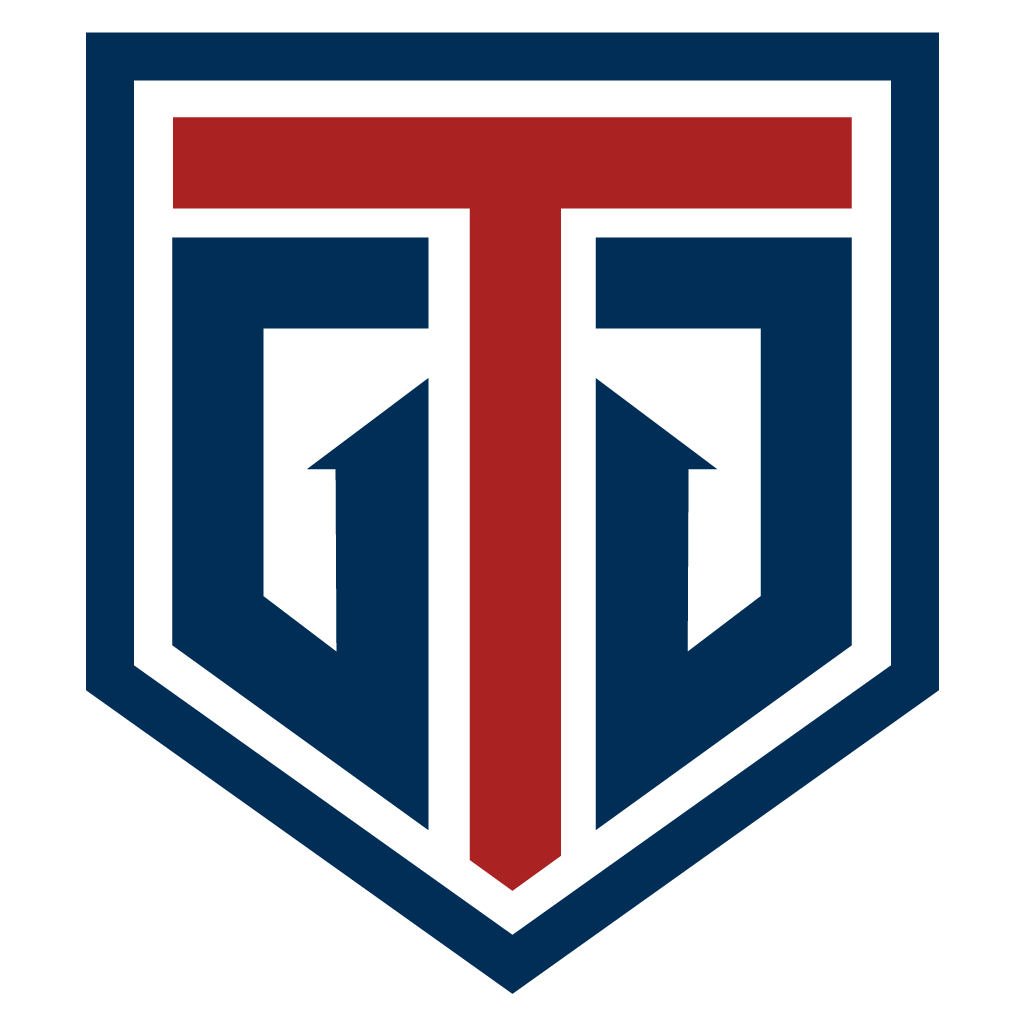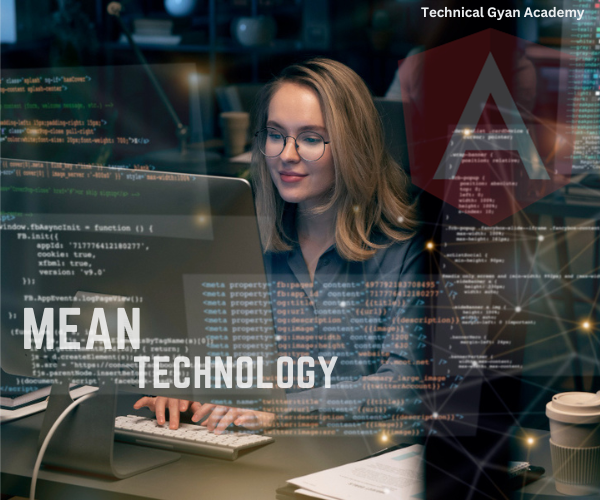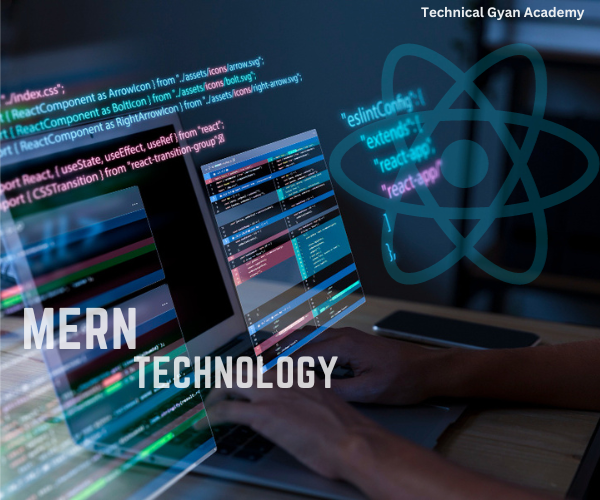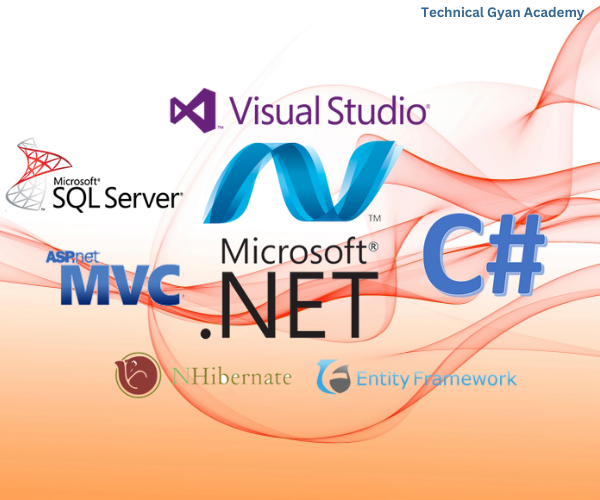
Databases (SQL + NoSQL)
- Please wait..

COURSE OVERVIEW
In this course you will learn about different types of database management system which includes Relational and Non-Relational databases like: MongoDB, MySQL, PL/SQL, Redis, PostgreSQL. You will learn about SQL queries, Stored Procedures, Syntax and more from basic to advance…
- Introduction to Relational and Non-Relational databases
- Difference between Relational and Non-Relational databases
MySQL, PostgreSQL (Relational Database)
- Introduction to Relational Databases
- MySQL Basics
- Data Manipulation with SQL
- Joins and Subqueries
- Indexing and Optimization
- Data Integrity and Constraints
- Stored Procedures and Functions
- Views and Indexes
- Security and User Management
- Working with JSON and XML
- Replication and High Availability
MongoDB (Non-Relational Database)
- Introduction to MongoDB
- MongoDB Data Modeling
- CRUD Operations
- Aggregation Framework
- Data Import and Export
- Indexing and Performance
- Data Relationships
- Security and Authentication
- Working with Time Series Data
- Aggregation Pipeline Optimization
- Backup and Recovery
- Scaling and Sharding
- Cloud and Atlas
- Best Practices and Beyond
PL/SQL
- Introduction to PL/SQL
- PL/SQL Fundamentals
- SQL in PL/SQL
- PL/SQL Program Structures
- Exception Handling
- PL/SQL Cursors
- Error Handling and Debugging
- PL/SQL Collections
- Triggers and Events
- Dynamic SQL and Native Dynamic SQL
- PL/SQL and Database Security
Redis (No-SQL)
- Introduction to Redis
- Basic Redis Commands
- Data Modeling and Storage
- Advanced Data Types
- Redis Clustering
- Redis Security
- Redis in Real-World Applications
- Performance Optimization
- Integrating Redis with Applications
- Redis Persistence and Backups
- Monitoring and Troubleshooting
DCA
1. Database Administrator
2. Data Analyst
3. SQL Developer
4. Database Developer
5. Data Engineer
6. Business Intelligence Analyst
7. Database Architect
8. Data Warehouse Manager
9. Database Manager
10. Data Scientist
- Introduction to Relational and Non-Relational databases
- Difference between Relational and Non-Relational databases
MySQL, PostgreSQL (Relational Database)
- Introduction to Relational Databases
- MySQL Basics
- Data Manipulation with SQL
- Joins and Subqueries
- Indexing and Optimization
- Data Integrity and Constraints
- Stored Procedures and Functions
- Views and Indexes
- Security and User Management
- Working with JSON and XML
- Replication and High Availability
MongoDB (Non-Relational Database)
- Introduction to MongoDB
- MongoDB Data Modeling
- CRUD Operations
- Aggregation Framework
- Data Import and Export
- Indexing and Performance
- Data Relationships
- Security and Authentication
- Working with Time Series Data
- Aggregation Pipeline Optimization
- Backup and Recovery
- Scaling and Sharding
- Cloud and Atlas
- Best Practices and Beyond
PL/SQL
- Introduction to PL/SQL
- PL/SQL Fundamentals
- SQL in PL/SQL
- PL/SQL Program Structures
- Exception Handling
- PL/SQL Cursors
- Error Handling and Debugging
- PL/SQL Collections
- Triggers and Events
- Dynamic SQL and Native Dynamic SQL
- PL/SQL and Database Security
Redis (No-SQL)
- Introduction to Redis
- Basic Redis Commands
- Data Modeling and Storage
- Advanced Data Types
- Redis Clustering
- Redis Security
- Redis in Real-World Applications
- Performance Optimization
- Integrating Redis with Applications
- Redis Persistence and Backups
- Monitoring and Troubleshooting
DCA
1. Database Administrator
2. Data Analyst
3. SQL Developer
4. Database Developer
5. Data Engineer
6. Business Intelligence Analyst
7. Database Architect
8. Data Warehouse Manager
9. Database Manager
10. Data Scientist
Note - Download brochure for detailed course syllabus.







